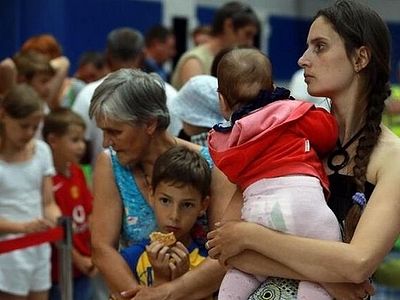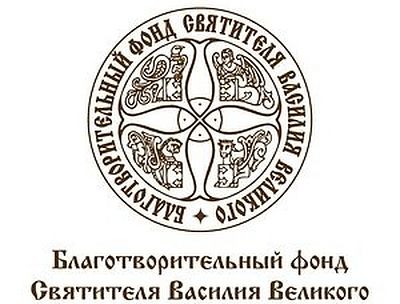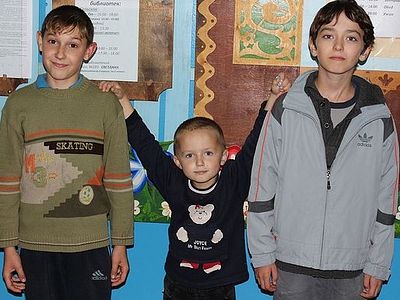January 3, 2015
Tens of thousands of Ukrainians displaced by conflict face a cold Christmas away from home.
"It's hard to celebrate when you're far from home and when you don't know when you can return," said aid worker Ruth Plett, Mennonite Central Committee co-representative in eastern Europe.
Most of the people who fled the fighting in eastern Ukraine last summer never expected they'd be spending Orthodox Christmas (Jan. 7) still away from their homes, she said.
"They thought they were going for a week or two weeks -- they had no idea they'd be away six months. And it doesn't look like there's any chance of them going back in the near future."
Mennonite Central Committee has partners in oblasts, or provinces, that border the conflict zone. In Zaporizhzhya, 47,000 have registered as displaced persons, but a more accurate number is three or four times that, said Plett. Some didn't register for fear they might be conscripted. Others feared if they registered as displaced people, their property in eastern Ukraine would be confiscated -- a warning issued to residents by rebel leaders. In many cases, the men stayed home and women and children fled for safety, said Plett.
They left when the weather was warmer.
"They ended up in old summer camps and dormitories from Soviet times -- in buildings not winterized," said Plett.
With winter temperatures plummeting to -18 C, aid groups are scrambling to make the uninsulated buildings bearable, she said. Winterization is a major health and safety issue right now, said Plett, who grew up in Landmark.
The Ukrainian Canadian Congress in Manitoba has been raising money at local rallies for enhanced first-aid kits, said provincial president Oksana Bondarchuk. The Ukrainian Canadian Congress is gearing up for a more co-ordinated aid effort after Orthodox Christmas, she said.
"Since the Bosnian war, there's never been so many displaced people," said Bondarchuk.
Plett said the MCC in eastern Europe is also working with aid groups in Bosnia helping people recover from the psychological wounds of a conflict that happened 20 years ago.
"On the surface, there's peace, but there are underlying tensions that have never gone away," Plett said by phone in Sarajevo.
The post-conflict peace-building exercises MCC supports in Bosnia are up against a government structure that promotes divisions between people, said Plett.
"Nationalistic parties use those divisions as a source of power."
In Ukraine, people in the Russian-speaking east are being pitted against the pro-European west. The aid workers MCC supports in Bosnia have done some coaching of their counterparts in Ukraine to help people deal with the trauma after conflict, said Plett.
"Our partners in the Balkans said, 'We want to be of whatever assistance we can -- we don't want them to have to start from scratch after the war.' "




